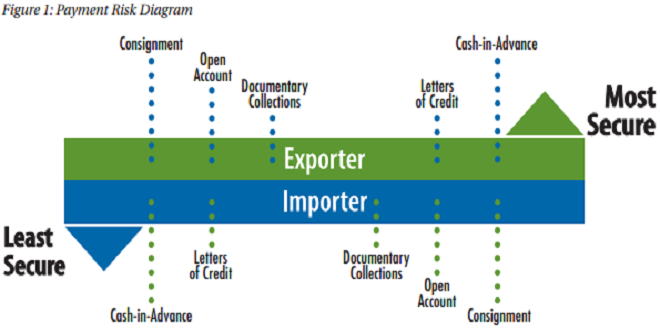The seller’s duties as to the transfer of ownership

The seller’s duties are set out in of the Sale of Goods Act. Of the three separate obligations, by far the most important is that set out in under which the seller undertakes that he has the right to sell the goods. It is important to note that the seller is in breach of this obligation, even though he believes that he is entitled to sell the goods and even though the buyer’s enjoyment of the goods is never disturbed
The passing of property
The first rule is that property cannot pass if the goods are unascertained. This makes the distinction between specific and unascertained goods fundamental. The second rule is that, if the goods are specific or ascertained, the parties are free to make whatever agreement they like about when property is to pass. Where the parties do not specifically direct their thoughts to this question, assistance is provided by which provides rules for ascertaining the intention of the parties ‘unless a different intention appears’. It is important to note the qualifications made by the Sale of Goods Act 1995. The principal effect is that if the owner of part of an undivided bulk sells it to a buyer who pays the price, property in an undivided share of the bulk can be passed if the parties so agree.
Transfer of title where the seller is not the owner
The general rule is that the seller cannot normally transfer any better rights that he himself has. This is often put in the form of the Latin maxim memo data quod non habit (no one can transfer what he does not have). Most of the exceptions are set out in so 21–26 of the Sale of Goods Act 1979 and include the following
- Estoppel (s 21);
- Sale under a voidable title (s 23);
- Seller in possession after sale (s 24);
- Buyer in possession after sale (s 25);
- Agents and mercantile agents (Factors Act 1889 and s 21(2) of the Sale of Goods Act);
- Pt. III of the Hire Purchase Act 1964.
The doctrine of risk
The previous section was concerned with problems which arise where the goods have ‘perished’ before the contract is made. Obviously, the goods may be destroyed or damaged after the contract is made. The principal tool used to allocate the loss which arises where the goods are damaged or destroyed after the contract is made is the doctrine of risk. This is a special doctrine developed for the law of sale, unlike the doctrine of frustration which is a general doctrine of the law of contract and which will be discussed in the next section.
What is the effect of the passing of risk?
It is important to emphasize that the doctrine of risk does not operate to bring the contract of sale to an end. It may, however, release one party from their obligations under the contract. So, for instance, if the goods are at the seller’s risk and they are damaged or destroyed, this would in effect release the buyer from their obligation to accept the goods, but it would not release the seller from the obligation to deliver them. Conversely, if the goods are at the buyer’s risk and are damaged or destroyed, she may still be liable to pay the price even though the seller is no longer liable for not delivering the goods. In some cases where the goods are damaged, this would be the fault of a third party and that third party may be liable to be sued. for moro to know here tamilrockers com
The doctrine of frustration
The doctrine of frustration is part of the general law of contract. In principle, there can be no doubt that this doctrine applies to contracts for the sale of goods like any other contract.
Last word
It is also possible to argue that a contract for the sale of unascertained goods is frustrated, but of course such goods cannot usually perish (except for the special case of sale of part of a bulk as discussed below). In practice, the courts, although admitting the possibility that sales of unascertained goods can be frustrated, have been very slow in fact to hold them frustrated.




